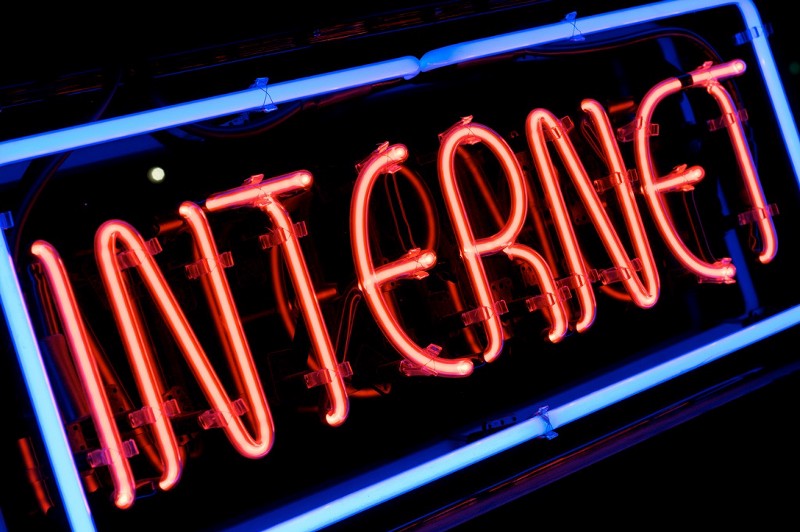By Courtney Duffy on October 7th, 2015
Fractured Atlas Articulates in FCC Letter the Importance of Broadband to Artists

Courtney Duffy, our Robert W. Deutsch Arts & Technology Policy Fellow, details our recent advocacy in support of expanding the Lifeline Program to include broadband. Are you an artist who uses Lifeline and/or incorporates the Internet in your creative process? Drop Courtney a line on email at Courtney Duffy@fracturedatlas.org or Twitter @cduffy90.
Back in August I published a post about the importance of the Lifeline Program to the arts community. The piece was timely — the Federal Communications Commission (FCC) had announced that it was seeking public comment on the best way to expand Lifeline to include broadband access as an option for participants. The post gave us an opportunity to highlight Fractured Atlas members who incorporate the arts into their work on a daily basis, like Sydney Skybetter, who livestreams his dance rehearsals, and Asymptote, a free online literary journal. The importance of broadband is not limited to the arts community — it has become a necessary utility in today’s job, education and healthcare worlds, as well. That said, we set out to write a letter that would bring the arts community to the table in this important FCC discussion. The response to the post was immediate and strong: We heard from artists all around the country who shared how they incorporate the Internet in their work (thank you!). Here in an excerpt from our letter to the FCC that delves into the story of Renee Beauvais, an artist who currently relies on the Lifeline Program:
Renee Beauvais worked as a professional dancer and choreographer in San Francisco for more than a decade before moving to Hawaii and getting diagnosed with multiple sclerosis in 2011. No longer healthy enough to practice her livelihood, she went on disability and fell into financial trouble, forced to exhaust her life’s savings. Renee discovered the Lifeline program four years ago, and has relied on its subsidized phone service ever since.
Today, Renee is hard at work fulfilling her dream of starting a nonprofit dance organization, which is called Moving World Foundation. Internet access, however, is of the utmost importance for her to get the organization off the ground. Renee harnesses broadband to recruit board members, find volunteers to design the organization’s logo, advertise and assess dancers’ video auditions, and raise both money and awareness. Since Renee is not located on the mainland, she invests heavily in the Internet: collaborating with volunteers and fellow artists over email; networking with likeminded local dancers and choreographers; and holding board meetings in online chatrooms, among others. As Moving World Foundation develops, Renee plans to turn to the Internet to seek inspiration from the choreography of other dance organizations, as large-scale ballet companies do not tend to showcase in Hawaii. Renee hopes to develop the organization to a point where she no longer qualifies for Lifeline, but in the meantime, subsidized broadband would help her overcome her financial challenges and remain an active participant in the dance world in spite of her illness. We hope that sharing powerful stories like Renee’s will help make the case for the Lifeline expansion at the FCC. The letter also gave us a chance to highlight Fractured Atlas members such as LUBDUB. Theatre Company who, like Sydney Skybetter, gave us such vivid testimony about broadband’s vitality to their work that I’ll be featuring them on the blog in greater detail down the line. You can find our FCC letter in its entirety here. Are you an artist who uses Lifeline and/or incorporates the Internet in your create process? Drop Courtney a line on email at Courtney Duffy@fracturedatlas.org or Twitter @cduffy90.
